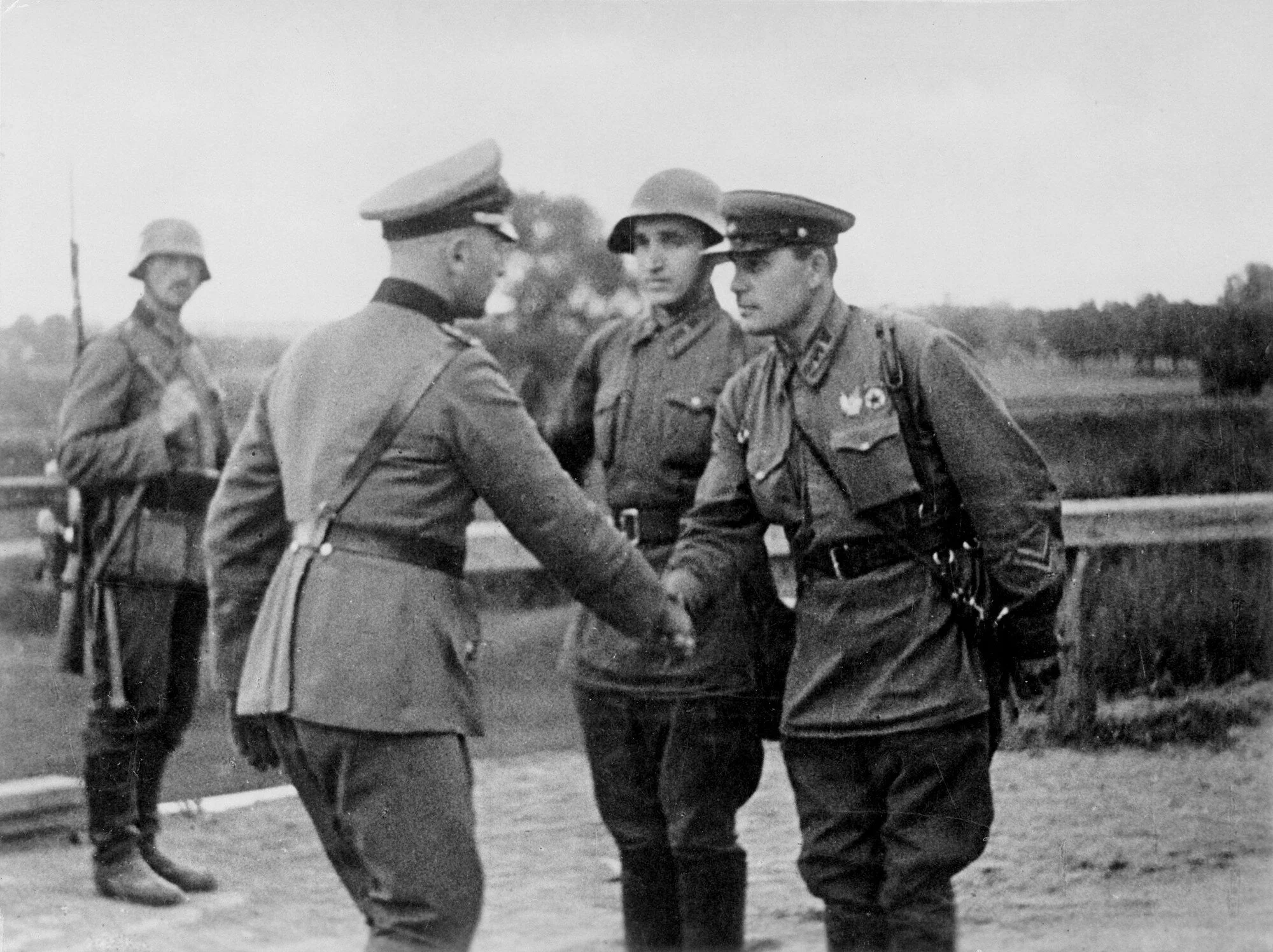In the previous post, I set you, the reader, the challenge of comparing both contemporary and current accounts of a single day of fighting at divisonal level during the Battle of Kursk. In this post I will give you some further information and lead you towards my conclusion. Of course you may have your own ideas.
A Who Dunnit of the Soviet-German War - an exercise in source materials
One of the major issues with the historiography of the Soviet-German War is that German accounts of the war had an almost unchallenged run for over forty years between 1945 and 1991. Former German generals found a willing audience in American soldiers and historians who were struggling to counter the Soviet domination of Eastern Europe and the prospect of a Third World War.
The aim of this exercise is to demonstrate some of the problems with one-sided Germanicentric scholarship by examining one of those rare occurances, a divisional sized battle which has primary and secondary sources from both sides.
Digital History - Hacking the ПАМЯТЬ НАРОДА website
While Pamyat Naroda offers some unique opportunities, working with the actual website can be frustrating however there are ways round this using third party software. The second consideration is what is being revealed to us? TsAMO are following a definite policy of releases that have specific objectives, can we see what these are?
Digital History - Research Guide to ПАМЯТЬ НАРОДА "Memory of the People" website
The website Pamyat Naroda, "Memory of the People" marked a sea change in the research of the Soviet Union's military effort during the Soviet-German War. The sheer scale of the project alone, the level of detail and the breadth of coverage made it a significant new source with which to counter the previously, largely German written, orthodoxy. Also it began to make the common Soviet soldiers real and human as never before which only heightened the tradegy and loss of the war.






